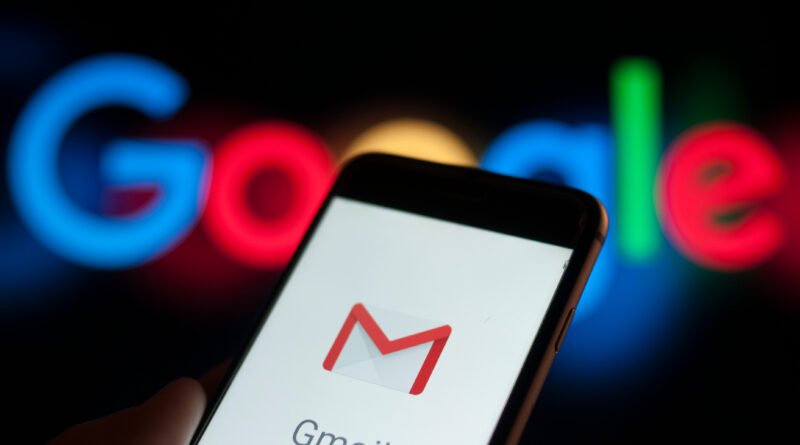Gmail for Android is reportedly set to be upgraded with email summarization and other Gemini-powered features.
The new Gemini button in Gmail for Android reportedly appears as a star-shaped icon on the top banner, located before the archive option.
According to a report, the Gmail app for Android is expected to be upgraded with new features powered by its AI model, Gemini. The update is said to introduce a dedicated Gemini button in the Android app, which could offer more functionalities beyond generating email summaries, including handling “non-email queries.” These features are currently available to a limited number of users and may eventually be rolled out to all users.

For AI Features
According to Android Authority, the features were found in version 2024.05.26.638440827 of the Gmail app for Android and were activated by enabling certain flags. The update introduces significant AI capabilities via the Gemini button, which was already available to Workspace users but has recently appeared in another beta version of Gmail for Android.
Reportedly, the update includes three new quick prompts: “Summarize this email,” “List the next steps,” and “Suggest a reply.” Tapping any of these options initiates a conversation with the AI chatbot.
According to the publication, the Gemini button can also be used to generate replies for emails and adjust them for different tones. It can access content from previous emails, though on a “limited” scale.
Notably, Google reportedly introduced the Gemini button in the Gmail for Android beta app version 2024.05.19.635289964. It appears as a star-shaped icon on the top banner, located before the archive option.

Gemini on Google Messages
Google has also reportedly integrated Gemini into Google Messages. First showcased at Google I/O 2024, this feature can perform message-related tasks such as drafting, rephrasing, and rewriting messages with different tones. Additionally, users can engage in conversations with it and request information from the internet.]
However, it cannot be used in group conversations or group chats on WhatsApp and does not have access to voice messages, according to the report. Google has reportedly introduced this feature in most regions except India, the UK, Switzerland, and the EEA region, which includes the 27 EU countries as well as Iceland, Liechtenstein, and Norway.

